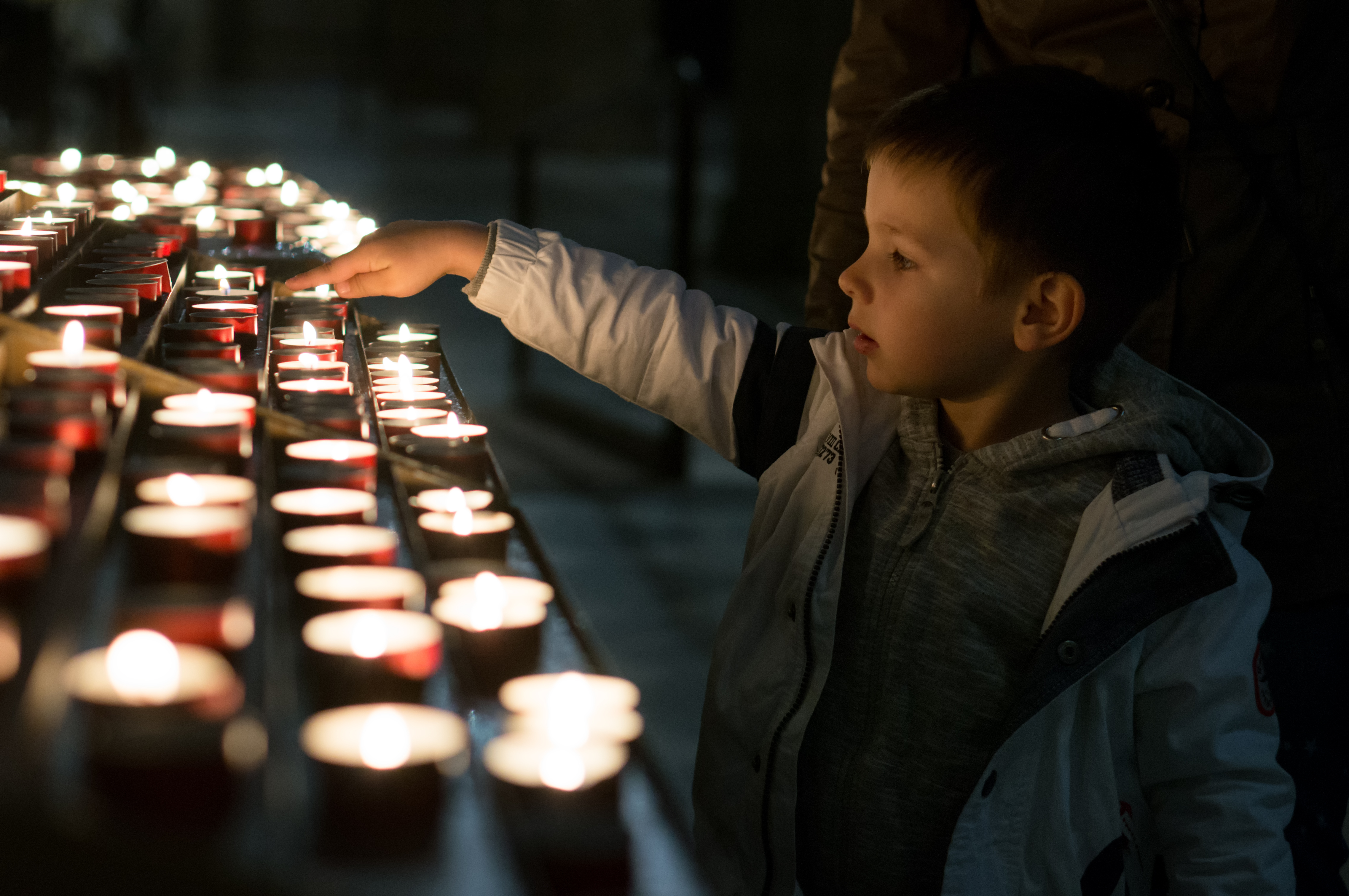My wife, Anna, and I are not the typical NFP couple. Our current life is not the typical family life either. We have had the unexpected challenge of sickness change our family life and our mission as a married couple.
Anna and I are both Secular Franciscans. We are called as a couple to “to observe the gospel of our Lord Jesus Christ by following the example of Saint Francis of Assisi” by simplifying our material needs, being a leaven in our society, and seeing Franciscan universal kinship with all of creation. Our family includes our three children Penelope, Seth and Rose and my ninety-three-year-old father-in-law. Rose, our youngest, has a rare genetic condition known as Velo-Cardio-Facial Syndrome (VCFS). My father-in-law has Alzheimer’s disease.
Rose’s VCFS can cause over two-hundred heath complications. From heart defects to schizophrenia, the complications are an ever present source of concern for Anna and myself. Usually a child does not have all two-hundred illnesses, but typically a cluster of a dozen or so health problems will result. For Rose,the first two years of her life found our family living at Johns Hopkins Hospital in Baltimore. In that time, Rose received two open heart surgeries among the many conditions treated. Today we have more than your average number of doctor visits since we have to stay vigilant with regard to Rose’s health.
With the addition of my father-in-law to the family, the challenge of Alzheimer’s disease has had a great impact on our daily lives. Just as Francis’ great conversion occurred when he saw Christ in the leper, so our family is seeing the poor and crucified Christ in my father-in-law as he declines.
When ill health strikes family members, it adds a dimension of life challenges that spouses never anticipate! In fact, Anna and I believed that our mission as a married couple has expanded because of the needs of Rose and Grandpa. This understanding has impacted how we live the NFP lifestyle.
We have tried many NFP methods. After Rose’s birth, and due to the health care challenges that we now face, Anna and I discerned that God has given us a new mission—the caring for the special needs of Rose and Grandpa. Anna and I have discerned that we cannot have more children. This led us to search for an NFP method that could provide the most information about our combined fertility. We found that the Marquette Model satisfied this need.
The Marquette Method has been an answer to our prayers. After an email conversation with Dr. Fehring (director of the NFP Institute at Marquette University), we adopted a conservative version of the Marquette Method. The method helps us identify the post-ovulatory time in the woman’s cycle that is consistently infertile. For us, it is only about ten days which isn’t much in a busy family!
As Secular Franciscans our rule calls us to acquire purity of heart and for those who are married to live out the grace of matrimony bearing witness to the “love of Christ for his Church.” I am convinced that no NFP method will work correctly in a marriage unless purity of heart has a central place in the couple’s discernment process. For us,we needed an NFP method which would allow us to carry out our mission of caring for our daughter and father-in-law and still allow us to live the grace of matrimony in its fullest sense.It was a hard decision, but one made with trust and generosity!
Andrew Martin and his family live in the Archdiocese of Washington.








